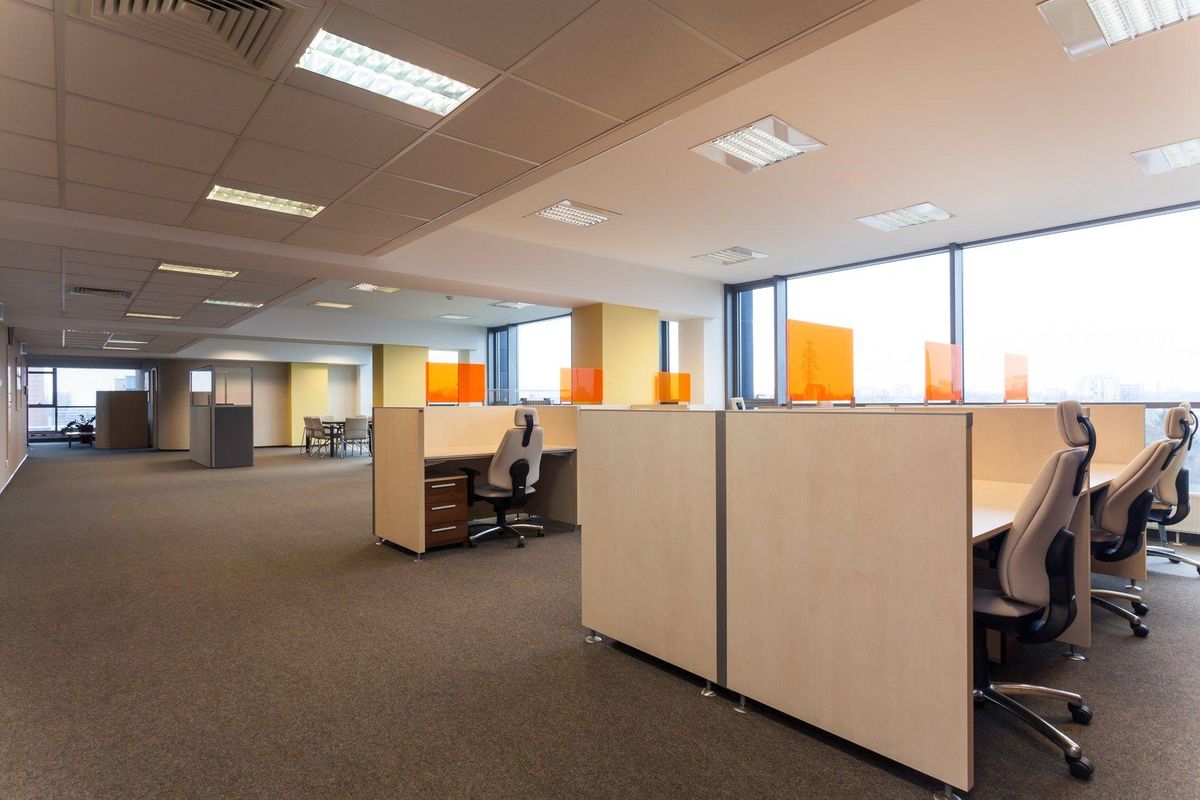
7 Things to Consider Before Securing Shared Office Space
By Alex Kopicki
More than 53 million Americans are freelancing, according to a 2014 study of the U.S. workforce conducted by the independent research firm Edelman Berland and commissioned by Freelancers Union in partnership with Elance-oDesk. In this "on-demand" economy, Americans are not only changing how they work, they are changing where they work as well.
Many freelancers and small businesses are moving towards shared office space and coworking facilities to increase productivity and get away from the distractions of laundry, television sets, and let’s face it…the comforts of home. Companies like Uber Offices, WeWork, and localized accelerators are thriving because they provide flexible, temporary collaborative spaces that fit the immediate needs of many freelancers and small businesses.
While shared office space may seem like a sensible work space solution, it is not a workplace situation that should be entered into lightly. Here are seven important (and often overlooked) things to watch out for if you're considering shared office space for your business.
1. Office Culture
You want your office culture to fit your company culture. Make sure you find a space that offers the things that are important to you and your employees. You don’t want to move a group of salespeople who hustle on the phone all day into a space coveted for its quiet by a cluster of computer engineers. Some of the better office share platforms play matchmaker to create culture fits between office users to enhance efficiency. When doing your search, make sure you know and seek the environment where your team will thrive.
2. Guest/Host Collaboration
Some of the best spaces offer the opportunity for cross-company collaboration. A shared work space can provide the occasion to interact and create relationships between workers that can lead to creative thinking and new ideas. Finding a host/guest with complementary skillsets or areas of focus can strengthen both relationships through close proximity and idea sharing.
3. Insurance/Liability Issues
Make sure you know about any specific insurance requirements for the space. As a guest you need to maintain your own renter’s insurance policy as well as a general liability policy. Some hosts’ insurance, however, will cover you for being in the space. Ask questions ahead of time so you can feel confident that you and your business are protected.
4. Amenities
Amenities vary from space to space, and can sometimes be the difference between a good space and a great space for a company. Make sure the space offers the amenities that you need for your business. Can you receive mail and deliveries? Is Wi-Fi included in the rent? Can you bring your dog to work? Are there restaurants nearby?
While most spaces allow mail and package deliveries, pet-friendly spaces are not as common; if having Fido at work is important to you, make sure to ask if pets are allowed before you sign.
5. Office Services
Know what additional office services are available at the space. Additional services can range from secretarial assistance to marketing and legal services. Some locations provide free incoming calls, but charge extra for outgoing calls; make sure you know exactly what services are included in your monthly rental rate.
Be aware that "access" to conference rooms doesn’t always mean that you will be able to use the conference rooms. Try and get a gauge of how many other companies in the space will be competing for conference room time.
6. Hours of Operation
Most hours of operation are issued in the listing detail, but be sure to also ask what the hours are when you’re touring the space. Don’t assume you can come in on a Saturday or Sunday; not all facilities/shared offices will allow it. Many small businesses don’t work “regular” hours, so make sure that you can access the office when you are feeling most creative. One very obvious question to also ask is if you will receive a set of keys to the office.
7. Parking
If you have employees that drive to work, make sure you are totally clear on the parking situation. Unless otherwise stipulated, it should be assumed that parking is outside of the quoted price/month. If only street parking is available, take that into consideration for your current employees in the future as your company grows. Ask how difficult parking can be on normal work days and during extreme circumstances like snow days. Also consider the safety factors of having off-street parking.
Coworking spaces work well for some companies, but they're not necessarily the ideal office situation for all. In today’s on-demand market, small businesses have options well beyond coworking. If you are charged with securing office space for your company, ensure that you have truly assessed your needs and weighed all your options--it's important to set up your company for success from the beginning.
About the Author
Post by: Alex Kopicki
After spending more than 12 years in commercial real estate, Alex Kopicki is an industry veteran with the experience of over $600 million in completed projects, more than 600 residential lots and 1,000,000 square feet of commercial development projects. He currently serves as the co-founder and chief executive officer of Kinglet, an online marketplace connecting entrepreneurs and small businesses with flexible and affordable office space. Alex was honored as a National Developing Leader by NAIOP in 2009, and was named to the Baltimore Business Journal’s "Top 40 Under 40" list in 2014. He is also a member of the Young Entrepreneur Council (YEC).
Company: Kinglet
Website: www.kinglet.biz
Connect with me on Twitter



